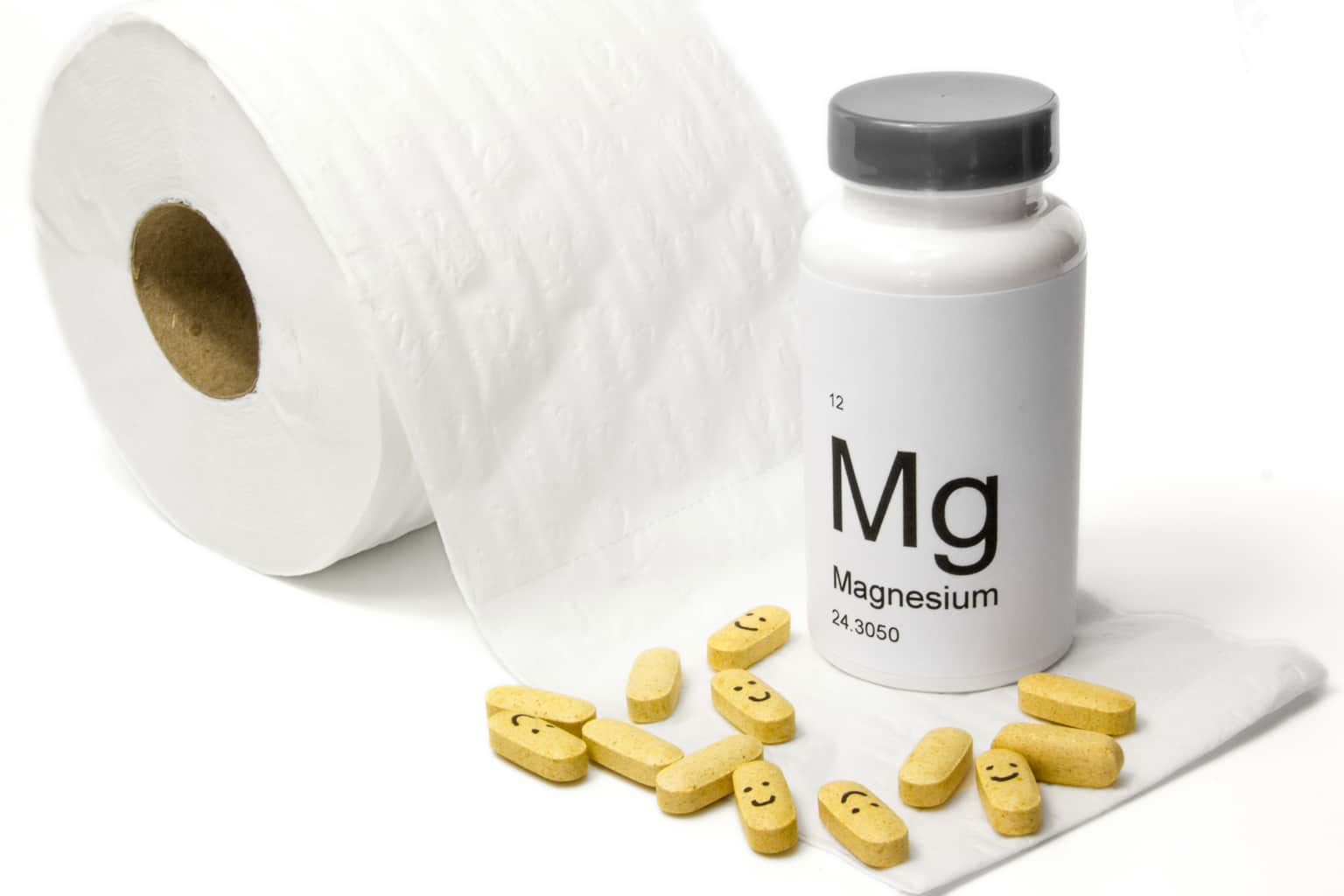
[cmamad id=”7379″ align=”center” tabid=”display-desktop” mobid=”display-desktop” stg=””]
Today, we’re going to talk about an undervalued nutritional hero — magnesium.
It’s amazing just how much this one nutrient affects us.
Let’s look at gut inflammation — it’s one of the many ways that low magnesium can affect us.
Gut inflammation causes the liver to become fatty, overworked, and dysfunctional.
And with a bad liver, the body’s metabolism drops dramatically.
But it comes full circle back to magnesium.
It turns out that one of the major players that can fix gut inflammation is our hero, magnesium.

The problem with magnesium it is difficult to get enough in today’s diet.
That’s in part because our soils have become depleted.
And we depend too much on overprocessed foods.
[cmamad id=”7380″ align=”center” tabid=”display-desktop” mobid=”display-desktop” stg=””]
To top it off, it’s difficult for a body with a low-metabolism body to absorb magnesium.
Think of it like a person who becomes energized by exercise, but it just too tired to get up and do cardio.
They stay tired.
It’s the same with magnesium absorption — so a magnesium deficiency tends to lead to more magnesium deficiency.
And yet, magnesium deficiency does not exhibit many symptoms we can feel immediately.
Sometimes cramps can be a result of low magnesium.
And heart palpitations are a common symptom.
So you can probably take some magnesium for heart palpitations if your doctor agrees.
Beyond that though, many of us are low in magnesium and do not know it.
We just don’t have a list of magnesium deficiency symptoms like we do for so many other issues.
The result is that we have gut inflammation and liver trouble — and it never gets fixed due to low magnesium.
But we have an urgent need to fix this low-magnesium problem.
It turns out that one of the many roles of magnesium is to lower an inflammatory compound called substance P (SP).
Low magnesium leads to high SP levels.
High SP levels lead to inflammation…
The inflammation is systemic in nature, affecting blood cells, cardiovascular, intestinal, and other tissues, leading to impaired cardiac contractility similar to that seen in patients with heart failure.
Yes, read that again.
Low magnesium levels can lead to symptoms similar to heart failure.
How many millions of American men seek treatment for heart failure who may not have heart failure?
Quite possibly, all they have is a low magnesium level, a chronic magnesium deficiency.
And they’re taking harsh medications with sometimes dangerous side-effects for heart failure.
Instead, their doctor should be treating magnesium deficiency.
You see why it’s important to be sure your magnesium levels are high enough?
This study illustrates how quickly low magnesium affects us.
These researchers found that this heart failure and inflammation process begins ONLY THREE DAYS after starting a low magnesium diet.

And one of the most profound findings was that gut inflammation results from low magnesium.
During [magnesium] deficiency, gut mucosal inflammation by neutrophils was evident, and pronounced infiltration occurred by the late response stage.
So to start, a neutrophil is a type of white blood cell the immune system sends to damaged areas.
Inflammation is a damage control function in the body, so the neutrophil is a sign of inflammation.
So the study pointed out how quickly these neutrophils caused protective inflammation in a low-magnesium situation.
The problem with inflammation though is that it’s not meant to last.
It’s like using a fire extinguisher — it’s necessary and stops the emergency, but it’s a big mess to clean up.
In this case, the inflammation is a mess to clean up in the gut.
When the gut becomes inflamed, endotoxins from bacteria in the gut pour into the body.
And if the liver is already overwhelmed, these endotoxins circulate throughout the body — even into the brain.
Prolonged magnesium deficiency results in increased intestinal permeability to bacterial products leading to increased circulating endotoxins; this elevation may further amplify the heart issues leading to eventual contractile dysfunction.
So you really need to correct a magnesium deficiency if you have one.
You just can’t be healthy otherwise.
The good news is that there are easy steps you can take to fix your magnesium levels.
First, you may want to try Epsom salts baths which are a long-standing way to raise magnesium.
Taking some magnesium supplements may help, but they’re hard to absorb in an already inflamed gut.
The Epsom salt baths may help bring your levels up high enough for a supplement to do some good.
Whatever you do, you must fix the magnesium deficiency to regain your health.

http://www.jle.com/fr/revues/mrh/e-docs/the_role_of_magnesium_deficiency_in_cardiovascular_and_intestinal_inflammation_287106/article.phtml

Leave a Reply